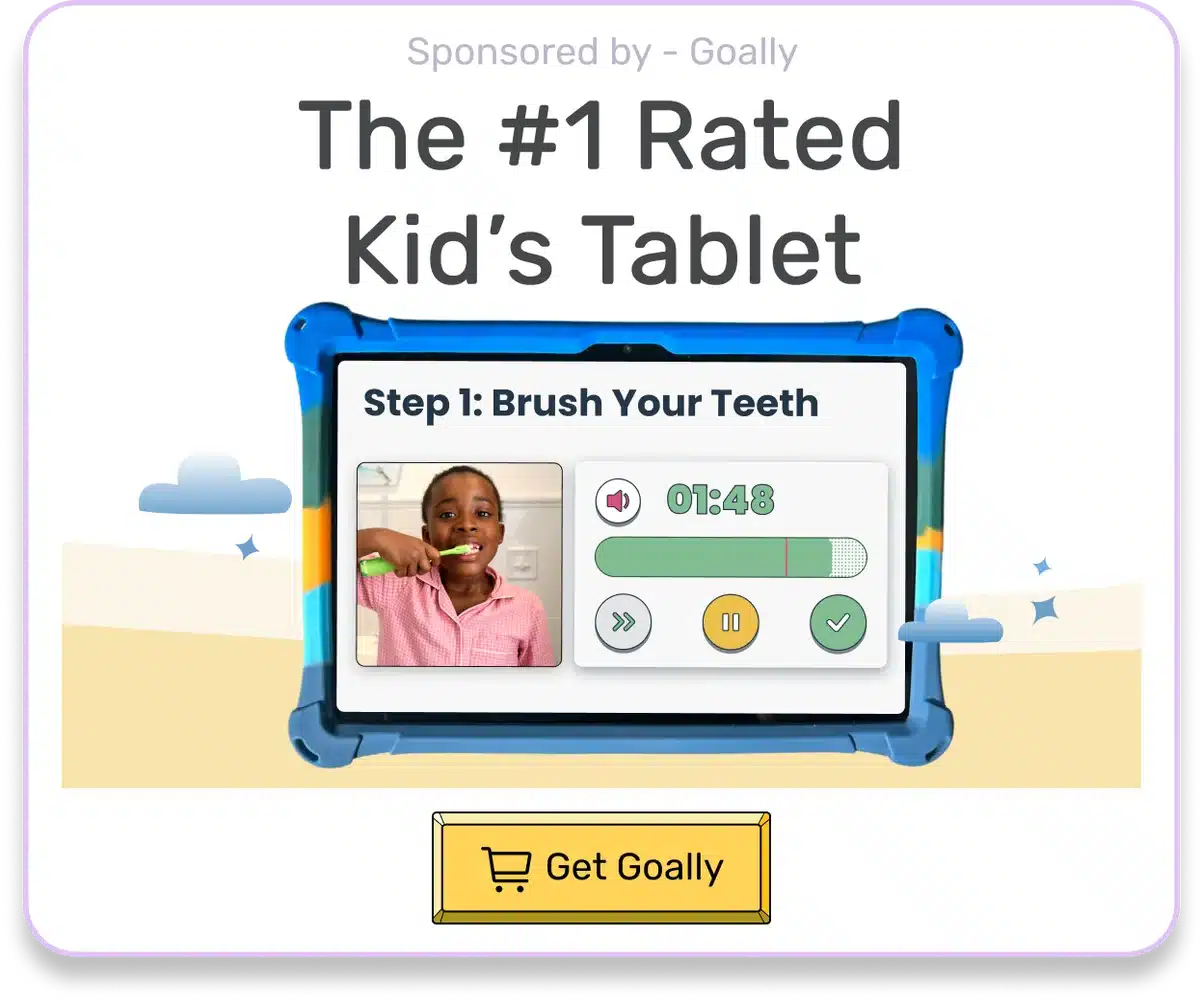You know that delightful moment when your preschooler suddenly grasps a new concept? Their eyes light up, a smile spreads across their face, and you can almost see the little gears in their mind whirring away. That’s the magic of learning, and as a professional working with kids, I’ve witnessed it countless times. In this blog post, we’ll explore the fundamentals that preschoolers need to learn, from social skills to basic math. Whether you’re a parent, caregiver, or educator, this post will equip you with the knowledge and strategies to foster that magical learning in your preschooler. So, what are the fundamentals for preschoolers to learn? Read on to find out.
Table of Contents
Language Development
Regarding the fundamentals for preschoolers to learn, language development is a cornerstone. Your child absorbs new words daily, building their vocabulary brick by brick. They’re not just learning words but also how to construct sentences. This process is like a puzzle, each word a piece that fits together to form a complete picture.
Encourage this development by reading together, conversing, and introducing new words. For instance, while cooking, you might say, “I’m whisking the eggs,” — introducing the word ‘whisking.’ In doing so, you’re teaching a new word and explaining its context and usage.
Cognitive Flexibility
Think of cognitive flexibility as a mental muscle that helps kids adapt to new situations, solve problems creatively, and handle unexpected changes. It’s like being a mental gymnast, able to flip, twist, and turn as the situation demands.
Goally | The Safest Tablet for Kids

Simple games can help develop this skill. For example, playing ‘Simon Says’ requires your child to switch actions quickly, fostering cognitive flexibility. Remember, the goal isn’t perfection but practice. It’s about learning to think on their feet and adapt — a skill that will serve them well.
Creativity
Creativity isn’t just about painting beautiful pictures or composing music. It’s a way of thinking, a tool for problem-solving. It’s like having a magic wand that can transform a problem into a challenge, a stumbling block into a stepping stone.
Encourage creativity by providing open-ended toys, like blocks, which can be anything from a spaceship to a castle. Ask open-ended questions that stimulate imagination, like “What would happen if elephants could fly?” Such activities help your child think outside the box, fostering problem-solving skills.
Learning through Music
Music is a powerful learning tool. It’s like a bridge connecting various areas of development. From language skills to motor skills, music enriches every lesson. Plus, when music accompanies dance, it allows children to refine their movements.

Read more: Music Therapy for Autism
Simple activities like singing nursery rhymes or dancing to their favorite song can profoundly impact. You might even make up songs about daily routines, turning the mundane into a musical adventure.
Life Skills
Life skills are vital to what preschoolers need to learn. Even something as mundane as laundry can be a learning experience. Sorting clothes by color and understanding textures — it’s all part of learning. It’s like turning your home into a classroom, where everyday tasks become lessons.
Involve your child in simple chores. Not only does this teach them responsibility, but it also helps them understand the world around them. Remember, every moment is a teaching moment.
Other Essential Learning Areas
several other areas form the fundamentals for preschoolers to learn. These include:
- Alphabets and Phonics: This is the first step towards reading and writing. It’s like learning the ABCs of language.
- Reading and Comprehension: It’s not just about reading words, but understanding what they mean. It’s like piecing together a story from a string of words.
- Academic Concepts: Basic concepts in math, science, and social studies lay the foundation for future learning.
- Math and Logic: Simple counting games or pattern recognition activities can foster these skills.
- Core Science Skills: Encourage curiosity and exploration to develop these skills.
- Motor Skills: Activities that involve movement, like playing catch or coloring, can enhance motor skills.
Goally | Apps To Support Child Development
Looking for fun ways to help your child learn life skills? Try Goally! The Goally tablet comes with award-winning learning apps and video classes to help kids develop the skills they need to become independent with FUN & evidence-based practices.

Our apps teach executive function, language, emotional regulation, finger dexterity skills, and more.
As your child develops new skills, you can increase the difficulty level of the tasks in the app to challenge and motivate them even further. This helps your child grow and progress at their own pace, while also keeping them engaged and excited about their development.

In essence, fostering the fundamentals for preschoolers to learn is about creating a rich, engaging environment where curiosity is encouraged, creativity is celebrated, and every moment is a learning opportunity. Whether through language development, cognitive flexibility, creativity, music, life skills, or academic concepts, every interaction is a chance to learn and grow. Remember, you’re not just teaching your child; you’re guiding them on a journey of discovery. It’s about making learning a joyous adventure that will instill a lifelong love for knowledge. So, embrace the chaos, enjoy the journey, and watch your child blossom into a confident, curious, and creative learner.
Emily is a seasoned blog writer for Goally, leveraging her extensive background in child psychology and special education to provide valuable insights and resources for parents. Her commitment to understanding and addressing the unique needs of these children, combined with her expertise in educational strategies, makes her a credible and empathetic voice for families.





